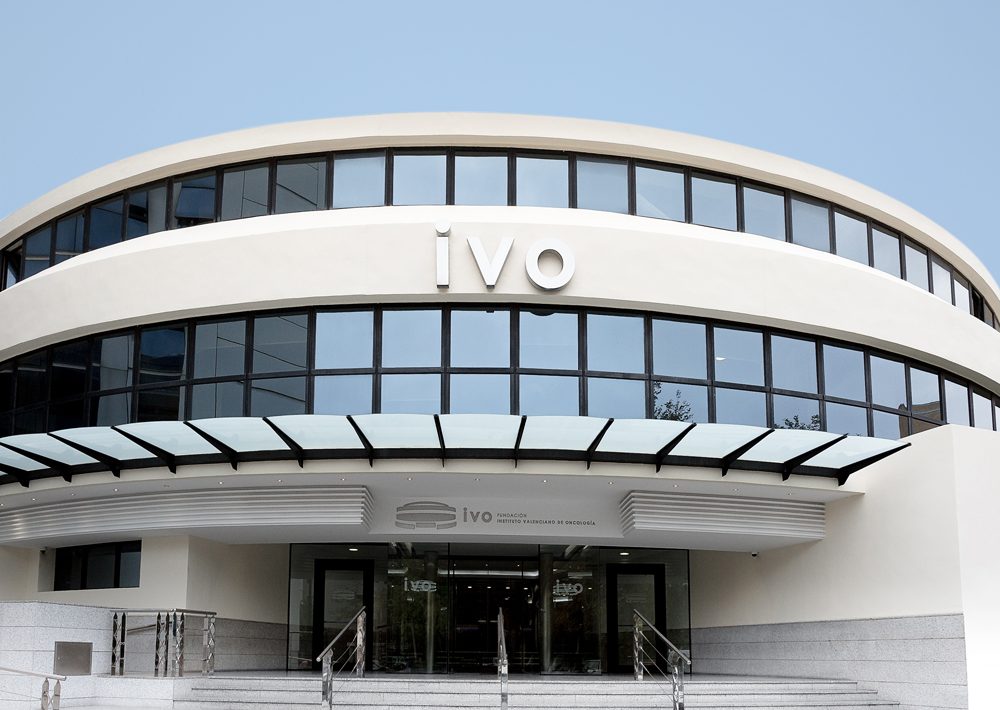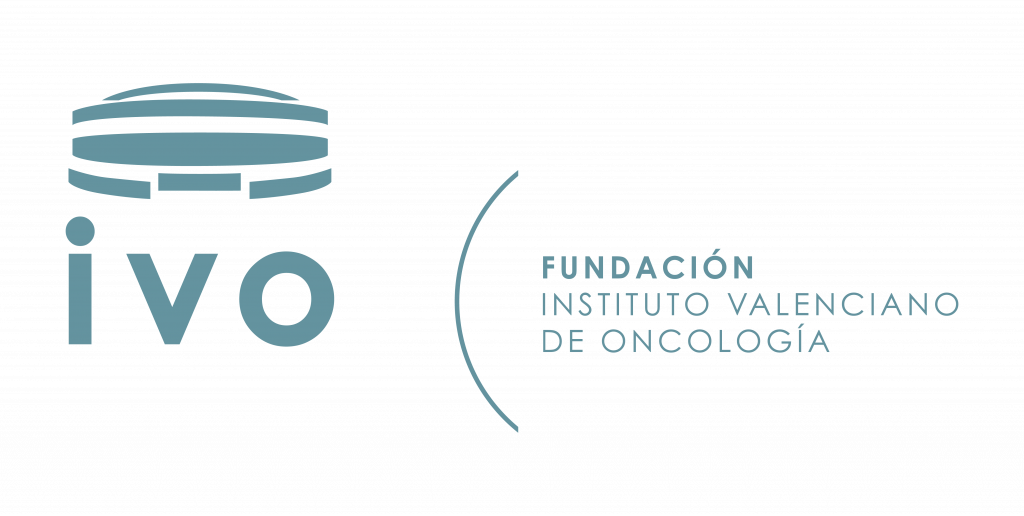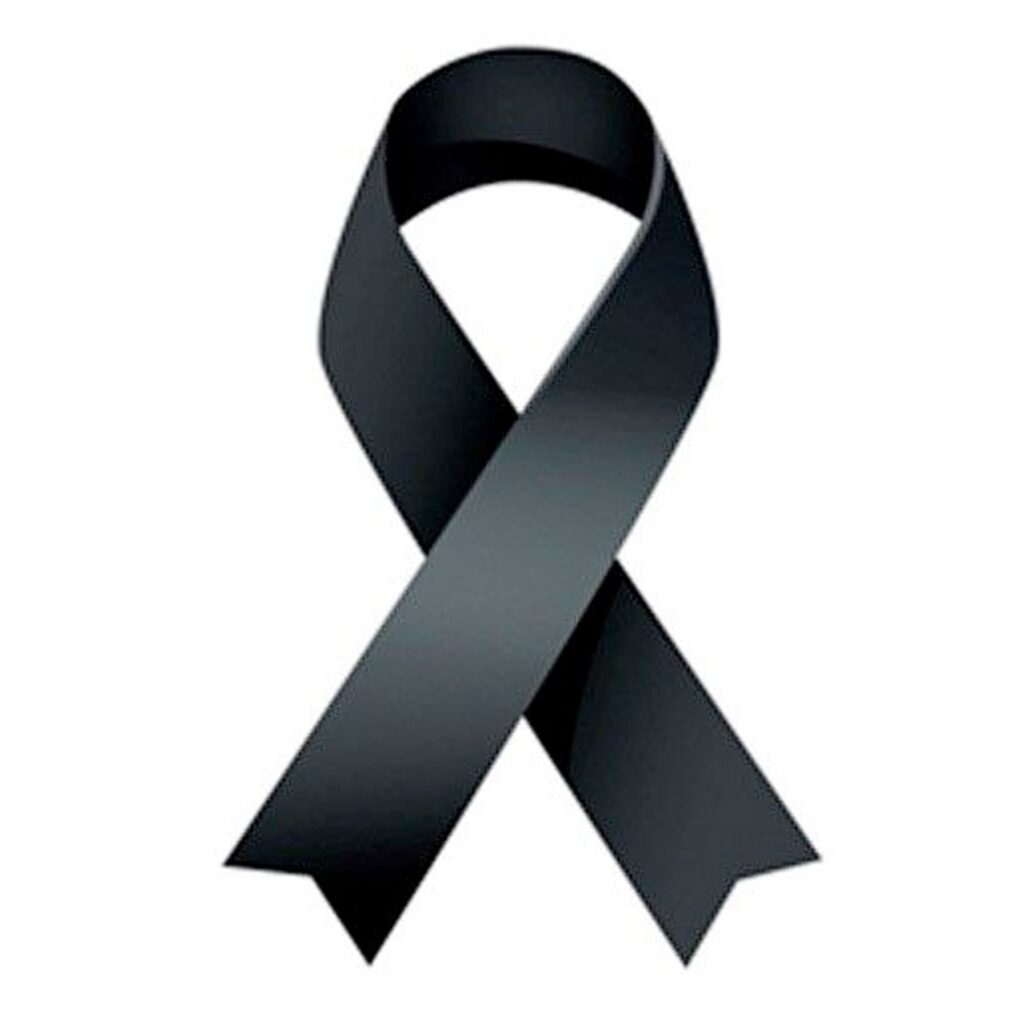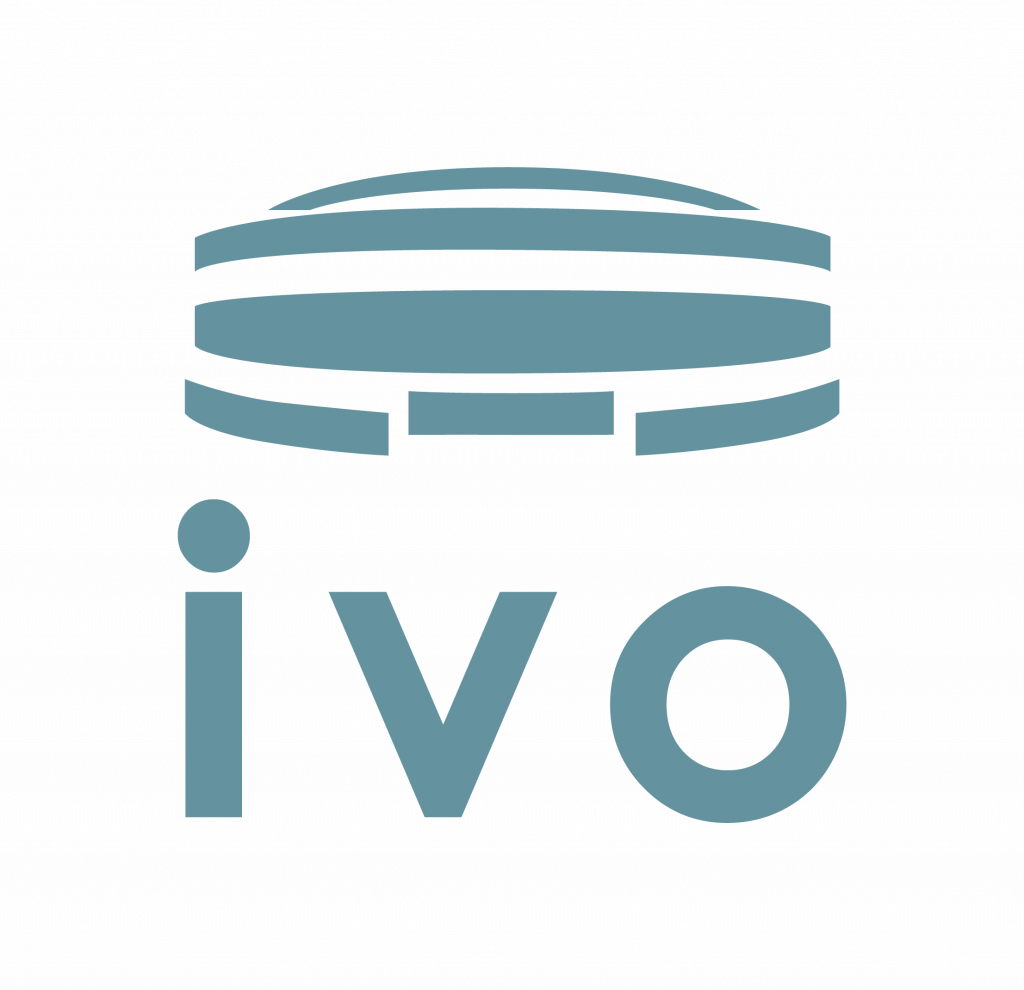A therapeutic target is a substance located in any part of a cell capable of recognizing a drug and producing cellular response.
These drugs are designed to act against specific molecules (target molecules) required for tumour development by blocking or deactivating them, thus producing cellular death or impeding cell growth.
Levels of action
The most common drugs directed against molecular targets currently used can work on several levels. These are examples of drugs directed against molecular targets: trastuzumab, lapatinib, cetuximab, panitumumab,imatinib, erlotinib, gefitinib, sunitinib, bevacizumab, everolimus, temsirolimus, bortezomid, etc..
Cell membrane
On the extracellular level, monoclonal antibodies which act on receptors and on the intracellular level, a drug that inhibits an enzyme called tyrosine kinases.
Intracellular levels
With cell cycle inhibitors, proteasome inhibitors and cell-signaling pathways
Extracellular level
With antiangiogenic drugs, which block the formation of new blood vessels and with drugs that act on proteins of the extracellular matrix
Immune systems
Through vaccines

Medical Services
The IVO's specialisation in oncology allows for a service structure organised by care areas classified according to the type of tumour

Tumour Committees
The committees are the ultimate expression of multidisciplinary medicine. They are made up of expert physicians from the main oncological specialities.
Admission and Information
Any citizen with cancer or a certified oncological suspicion can apply to be a patient at the Instituto Valenciano de Oncología.
As it has an agreement with the Public Health System, patients do not have to assume any costs for their treatment.




